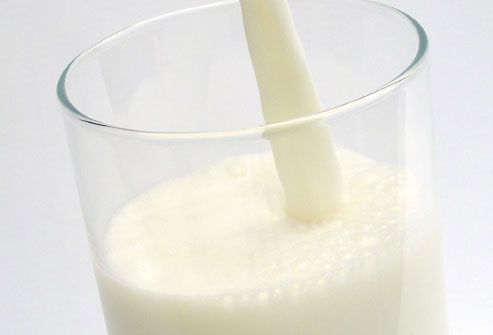Milk has long been a favourite recommendation of doctors and nutritionists for its bone-strengthening powers and other nutritional benefits. But a new study by the British Medical Journal (BMJ) has challenged this widely-accepted position.
Researchers discovered that milk intake does little or nothing to strengthen bones and may even increase the risk of an early death.
The study, which tracked the dairy consumption habits of 61,000 women and 45,000 men for 20 years, found that high milk intake was associated with higher mortality in both men and women, coupled with higher bone fracture in women.
Those who drank three glasses or more a day (680ml) were twice as likely to die early than those who took less than one.
Advertisement
Karl Michaelsson, the study’s lead author and a professor at Uppsala University in Sweden, said: “Our results may question the validity of recommendations to consume high amounts of milk to prevent fragility fractures.
“A higher consumption of milk in women and men is not accompanied by a lower risk of fracture and instead may be associated with a higher rate of death.”
However, the authors advised caution in interpreting the results, noting that the study is merely observational and the results are inconclusive.
Advertisement
They are not recommending that anyone stops drinking milk or eating dairy products.
“There may be another factor causing the increased mortality and fracture rate in women. Milk is a convenient source of calcium as well as many other vitamins and minerals. One such study is insufficient to base public health decisions on,” Gaynor Bussell, a public health nutritionist, said.
The authors identified high levels of the sugars lactose and galactose in milk as a possible explanation for the results.
Galactose supplement has been found to increase ageing processes like inflammation and oxidative stress in animals.
Advertisement
A study has also shown correlation between reduced fractures and low-lactose milk consumption.






